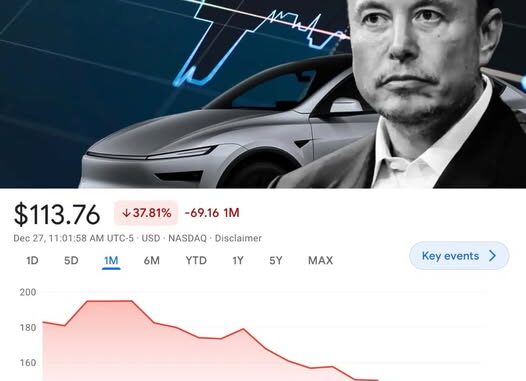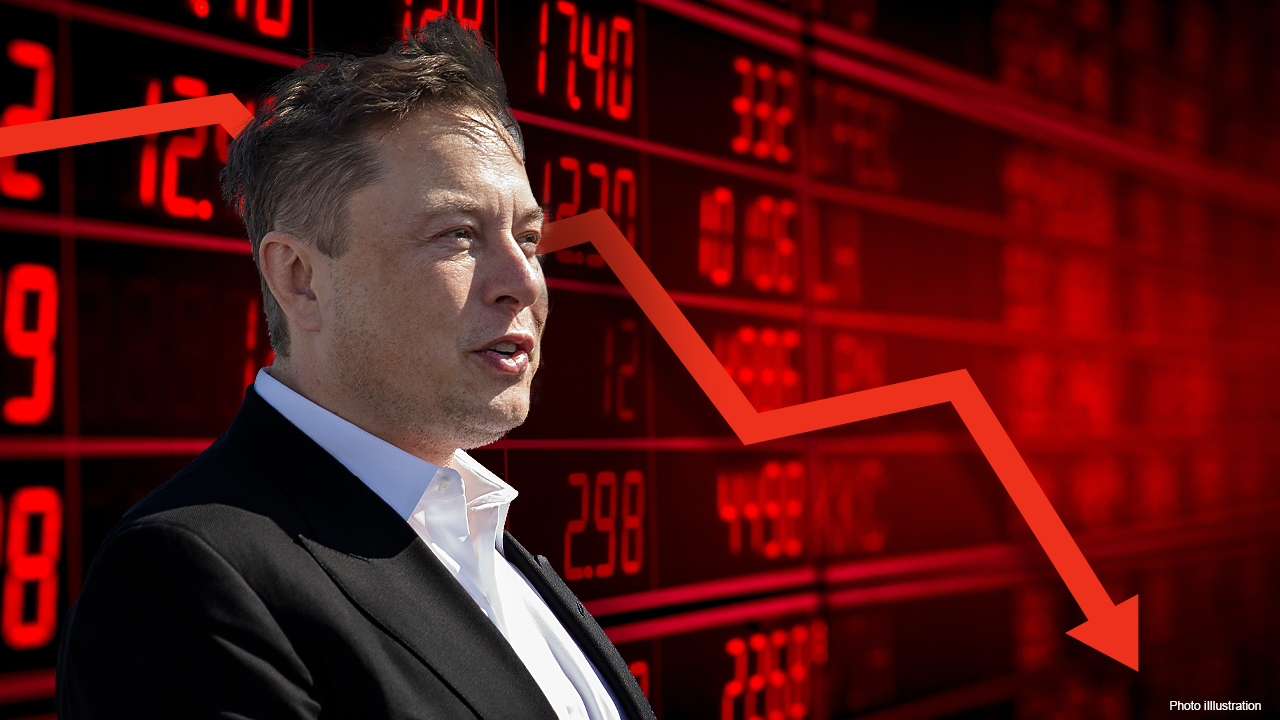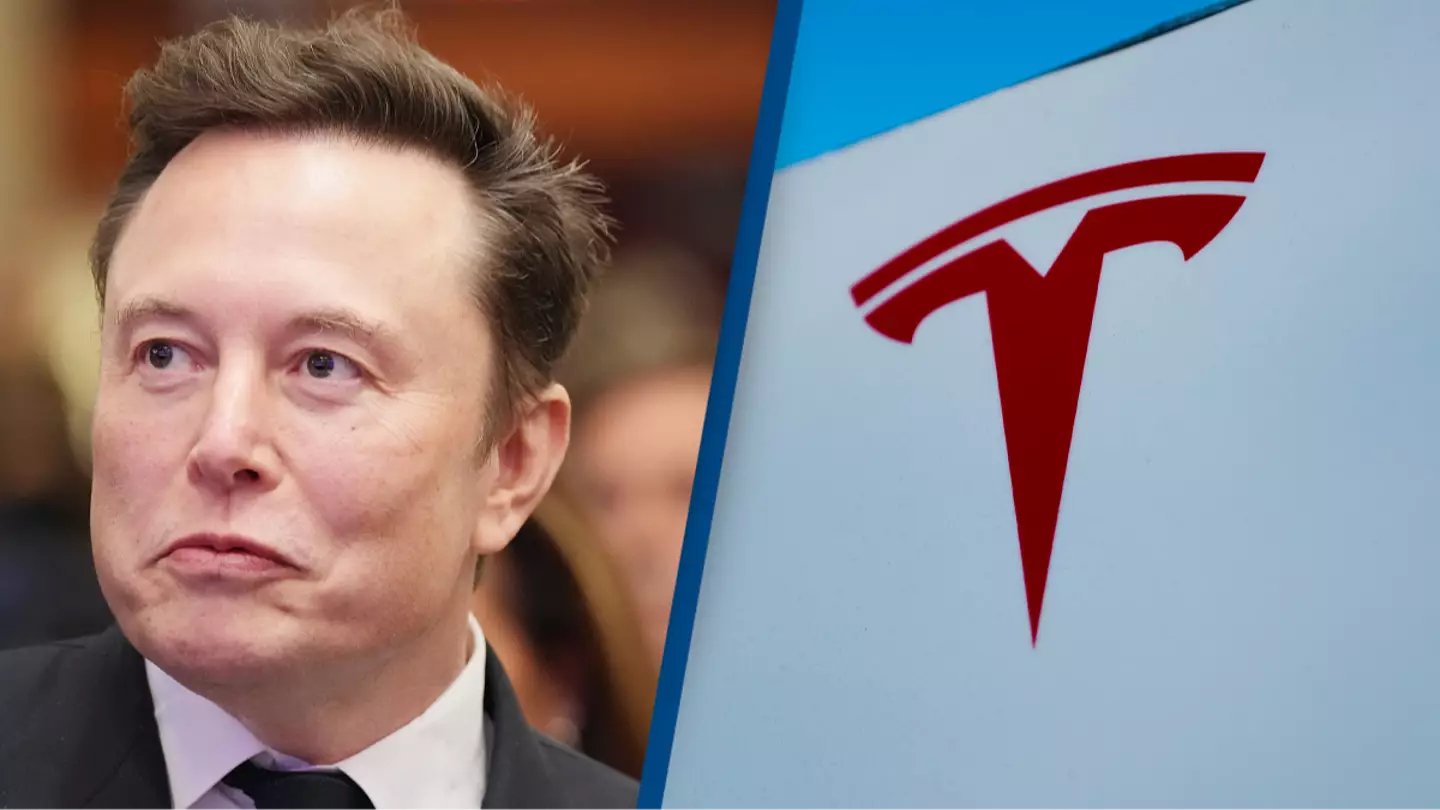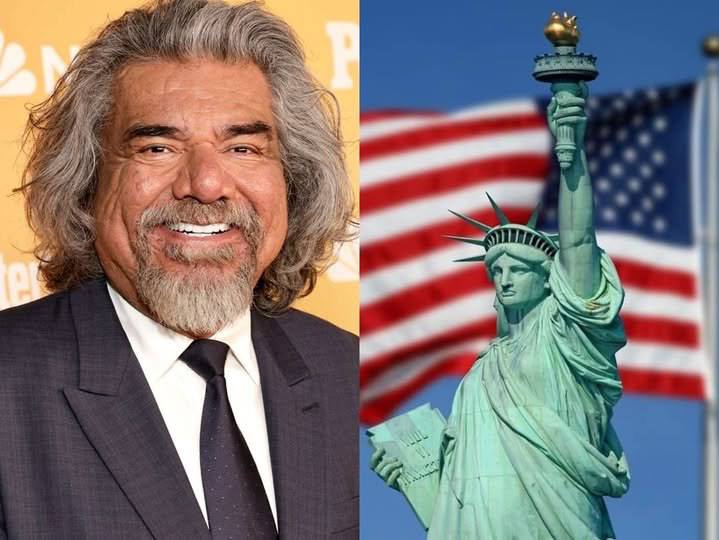
Elon Musk Faces $44 Billion Loss: A Financial Crisis Unfolds
A Shocking Turn of Events
In an unexpected financial downturn, Elon Musk, CEO of Tesla and SpaceX, has suffered a staggering $44 billion loss within hours. The sharp decline has rattled global markets, leaving investors and analysts scrambling for answers.
This article examines the factors behind the massive devaluation, its potential long-term consequences, and the actions Musk may take to recover. As a key figure in global technology and finance, Musk’s decisions have wide-ranging effects on industries and economies worldwide. Now, with Tesla and SpaceX facing the fallout, he encounters one of the greatest challenges of his career.
Tesla’s Stock Plummets
On what seemed like a routine trading day, Tesla’s stock price unexpectedly plunged, erasing $44 billion in market value. The sudden drop, one of the largest single-day losses in corporate history, caught even seasoned investors off guard.
Tesla’s stock has always been volatile, but the scale of this crash marks a defining moment for both the company and Musk’s leadership. The ripple effects extended beyond Tesla, impacting other Musk-led ventures, including SpaceX, Neuralink, and The Boring Company.
SpaceX and Musk’s Broader Empire Affected
Although SpaceX is privately held, its financial stability depends on investor confidence. The shockwaves from Tesla’s stock decline have raised concerns about Musk’s ability to secure funding for future projects, including the ambitious Starship mission to Mars.
With multiple companies under his leadership, Musk now faces intense scrutiny over his financial standing and whether his divided focus is contributing to instability across his business empire.

The Causes Behind the Crisis
1. Tesla’s Production Challenges
Tesla has struggled to meet production goals amid global supply chain disruptions and delays at its Gigafactories in Shanghai, Berlin, and Austin. Persistent manufacturing bottlenecks may have led investors to question the company’s ability to sustain growth.
2. Global Economic Instability
Rising inflation, supply chain shortages, and geopolitical tensions have fueled overall market volatility. High-growth companies like Tesla are particularly vulnerable to shifts in investor sentiment during economic downturns.
3. Musk’s Controversial Statements and Actions
Musk’s high-profile Twitter acquisition and outspoken social media presence have often influenced Tesla’s stock price. His involvement in various non-Tesla projects has raised investor concerns about his focus on the company’s core operations.
4. Growing EV Competition
Tesla faces increasing competition from both established automakers (Ford, GM) and rising electric vehicle startups (Rivian, Lucid Motors). Investors may be reassessing Tesla’s long-term market dominance as competitors gain ground.
The Fallout and Future Implications
Tesla’s Financial Health
The $44 billion loss has weakened Tesla’s market position. While still profitable, reduced investor confidence could make it harder for the company to secure funding for future innovations and expansion.
SpaceX’s Funding Prospects
Though not publicly traded, SpaceX relies on private investment and government contracts. If confidence in Musk’s financial stability diminishes, it may impact SpaceX’s ability to secure necessary funding for key missions.
Musk’s Personal Wealth and Reputation
As Tesla’s stock value plummeted, Musk’s net worth dropped by an estimated $20 billion. His personal wealth—largely tied to Tesla shares—has been highly volatile, further fueling speculation about his ability to manage multiple high-stakes ventures.

Musk’s Path to Recovery
Despite the crisis, Musk has a history of overcoming adversity. To regain investor trust, he may need to:
- Stabilize Tesla’s production and address supply chain issues.
- Navigate economic challenges by reassuring investors of Tesla’s long-term growth potential.
- Refocus on Tesla’s leadership and minimize distractions from external ventures.
- Strengthen SpaceX’s funding strategy to ensure continued progress in space exploration.

What’s Next for Musk?
The loss of $44 billion marks a defining moment for Musk and his companies. Whether he can steer Tesla and SpaceX through this turmoil will test his leadership like never before.
As the world watches closely, the question remains: will Musk recover and reclaim investor confidence, or is this the beginning of prolonged instability for his empire? Time will tell, but one thing is certain—the road ahead will be anything but easy.














